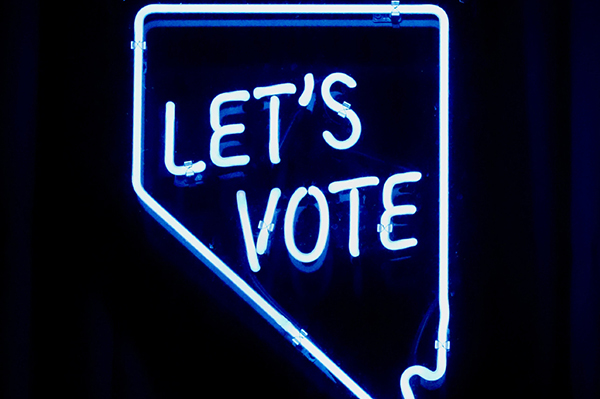 Election Meddling and The Struggle To Keep Everyone Informed
Election Meddling and The Struggle To Keep Everyone Informed
The rise of the internet and social media was supposed to increase the ways voters can stay informed during elections. However, it has also opened the door for domestic and foreign entities to meddle in our elections.
This includes the spread of misinformation and the ability to confuse and influence voters before they cast their votes. While several sites have begun taking steps to curb this issue, they are seriously lacking behind when it comes to ensuring those who do not speak English are well-informed.
The 2016 US election saw unprecedented amounts of election tampering from foreign countries. Reports have shown they were able to infiltrate popular social media platforms like Facebook and pay for a massive amount of politically motivated advertisements. Many voters were unaware who was behind this campaign and therefore believed the information they were being presented. It was not until after the election that we learned that some of these ads presented false information.
It is important to point out that election meddling is not limited to foreign interference. Nor is it limited to digital advertisements or messaging. History has often shown a different type of election interference called voter suppression. In these instances, information about where to vote and how to register had been changed. These changes are not always accurately shared with the entire population. The result being that a significant amount of people may be denied their right to vote simply because they were not properly informed in time.
This is important to point out for a few reasons. First, if crucial information regarding your ability to vote is going to be changed, it must be properly communicated to all voters, regardless of what language they speak. This includes changing of polling places, voting hours, filing deadlines and anything else that may hinder their ability to vote. State and local sites may have a mechanism in place to update their english-speaking residents, but what about the rest? This type of information is far too important to leave up to some automated translation service.
As the 2020 election approached, we began to see more reports of anticipated foreign interference. Once again, we were presented with a complicated issue. Not only do news and government sites have a responsibility to discredit information, they must provide the right information to all voters and residents. Furthermore, the information you are discrediting is complicated. If the information you are translating is complex and serious, then the service you use to deliver that translation must be up to the challenge.
The free translation service that is offered by Google is not enough to handle your needs. The bottom line is, your audience deserves information that has been translated by an agency that offers certified translation services. You must have a process in place that does more than offer basic translation. You need to be able to take complicated information and translate it based not only on language, but location and dialect as well.
While offering quality and accurate translation services is the responsible thing to do, it also enhances your brand reputation as well. A foreign speaking customer will notice right away when the information they are reading has been properly translated into their preferred language. This will help them feel comfortable and confident as they consume your content. The result being that they will return to your site because they know they will get accurate information and that you truly care about meeting their needs.
The issue of misinformation in various languages is deeper than just social media posts and news stories. It requires a commitment to monitor the situation at all times and have a multi-pronged strategy in place to combat the threat. For example, in the lead up to future elections around the world, candidates and websites can take a proactive approach in educating foreign language speaking customers on what to look out for and how to validate the information they are reading.
Once again, while this strategy sounds simple on paper, the execution is complex and must be given the time and investment it deserves. Any website responsible for conveying crucial information to a global audience should be investing part of its marketing budget into a reputable multicultural marketing consultancy agency that specializes in both translation and interpretation services. This type of experience and knowledge will prove invaluable when strengthening the lines of communication with your global audience.
Unfortunately, misinformation and attempts to trick the public into believing false information is not going away. It is up to brands and companies of all sizes to take this threat seriously. It is also up to them to invest in a solution that takes into account the needs of your global audience. The company that puts forth a serious effort to include their non-English speaking customers will see a significant increase in customer loyalty for years to come.
About Us
Jungle Communications is a full-service digital marketing and language translation agency. We focus on offering a variety of digital marketing and language services to help global companies remove the language barrier between themselves and their customers. We do this by creating language based and geo-targeted campaigns and tactics such as advertising, graphic design, marketing collateral website design and more.

